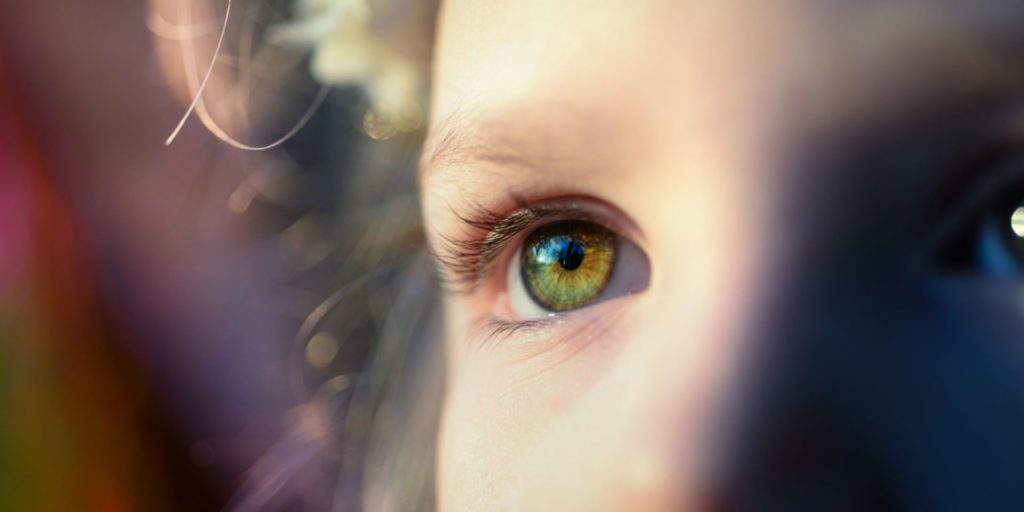
To better understand our denial of death, I want to step back and look at the first time I experienced death as a child. When we’re born, we of course, don’t have a relationship with death. Soon however, we begin to talk and explore our world. In these early days, we’re usually so busy exploring this new experience of being alive, we don’t even think about our beginning or our end. At some point, however–and according to most psychologists it’s usually by the time we’re five–we encounter something in our world that teaches us about death.
For me, prosaically enough, it was a Disney movie. In spite of a fair amount of research, I haven’t been able to definitively identify it, but I know the basics. It was a live-action movie about two young animals (a wolf and a bear in my memory) who both get separated from their families. The movie then shows their adventures together as they learn to survive in the world and become best friends.
The part that affected me was toward the end of the movie after all their adventures had reunited them with their respective families. The final scene shows the bear and wolf many years later as they happen to cross paths along the same river where they’d met. As they did so, the narrator said, “In spite of all of their adventures together, they didn’t even recognize each other as they passed by”.
I remember thinking that they would never know each other again. It was as if all those adventures and the real love they had felt for each other had never existed at all. I was a very happy-go-lucky kid, but I remember going up into my bedroom, going into my closet and weeping harder than I ever have since. I remember crying until I was emotionally exhausted and then I’d think about the eternal loss of friendship the movie portrayed and an ache would resurface in my chest and I’d start sobbing again.
I feel like I spent hours up there crying until my mom eventually found me. Although I had a good relationship with her, there was something about what I was feeling that made me not want to explain why I was there. The only other thing I remember about this incident is that sometime later I took a piece of tar from outside and scribbled against the closet wall that I was leaning against when I was crying. They were dark, angry scribbles, almost as if I was trying to destroy what I’d learned.
Although nothing died in the film, what I was experiencing was the realization that through life, we lose our past selves. In other words, it’s not only that death is the end of everything we have ever been, death actually takes its toll throughout our lives as relationships and cares that used to define us, slip away into nothingness long before we die. I had a best friend at that time, and the thought of that relationship ending–never to be again–killed me. My sorrow didn’t last long though. I didn’t talk to my parents about it. I didn’t talk to my friend. Strangely, I don’t even remember thinking much about it again. Somehow, without any intent on my part, I just pushed it away.
What can we learn from this simple encounter with death? What does it tell us about how or why we deny death? Three things strike me immediately: death is tragic, our denial is instinctual, and our fear is deeply personal. Each of these aspects of our denial of death deserves more consideration, so I’ll be spending the next three posts exploring each in greater detail.
